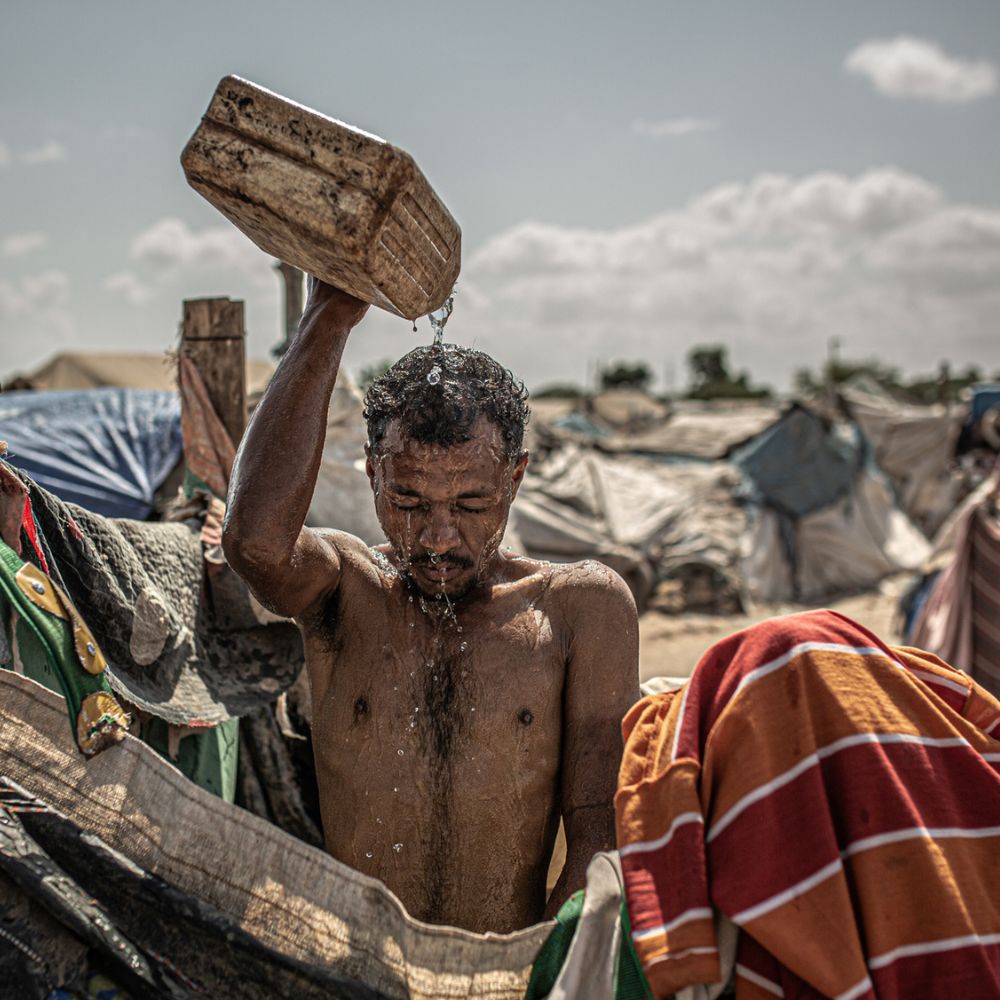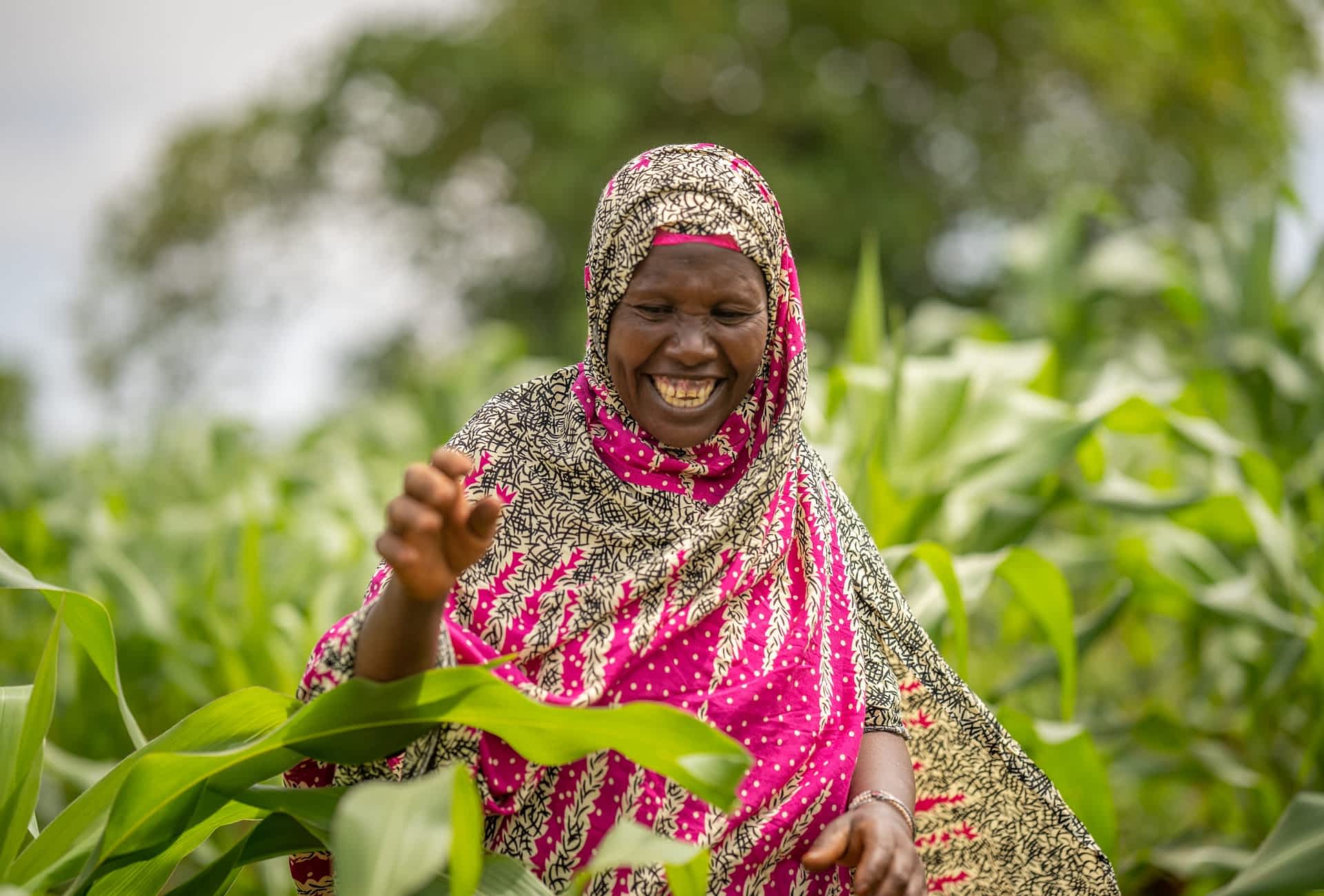Danida case studies
Danida case studies for 2024
Women, Peace and Security in Yemen
Danida funding enabled Sheba Youth Foundation (SYF), with technical support from Oxfam, to support the formation of nine community based women led organisations to strengthen their engagement with local authorities on Women, Peace and Security (WPS) issues in Taiz. This marked a shift towards greater and more meaningful women’s participation in local decision making. Oxfam supported a Yemeni feminist activist to brief the UN Security Council, thereby amplifying voices from local to global spaces.
Community engagement in budget planning in Uganda
The establishment of six sub-county based Participatory Budget Clubs (PBCs) strengthened community engagement in public financial management processes, making education services more responsive to local needs. PBCs engage in the planning, budgeting, monitoring and accountability processes of their sub counties related to education. The community members of PBCs are local voices into local decision-making spaces but also feed into national level budget processes via the Civil Society Budget Advocacy Group (CSBAG).
African Climate Caravan
The African Climate Caravan (ACC) enhanced participation and influencing of community groups, esp. youth, on national and regional climate agendas in Africa. In Burkina Faso a citizen declaration was formulated through local consultations, and it is now recognized by government. In Mali community-led recommendations on climate-smart agriculture led to formation of a national taskforce to integrate them into policy. The ACC presented a petition for inclusive climate policy signed by people from 50+ countries to state officials at COP29.
Danida case studies for 2023
Oil companies and Human Rights in Uganda
The development of the oil and gas sector in Uganda, the East African Crude Oil Pipeline (EACOP), has caused tension as communities have been affected by the construction of large pipe lines. The industry has negatively impacted on climate and the environment however equally on humen rights due to arrests and harrassment of those speaking out.
Oxfam and their partner, CRED (Civic Response on Environment and Development) have trained community monitors who provide regular reports, documenting incidents. Also, the project has significantly improved the relationship between civil scoiety, authorities and big multinational oil companies, helped to enable negotiations and collaboration, which has yielded positive results including better compensation packages for oil affected persons and improved protection of human rights defenders.
Raising income for crisis-affected women and youth in Yemen
Crisis-affected women and youth in Taiz govenorate in Yemen have established income-generating activities and gained social recognition from the community. The project has successfully targeted women and young women who traditionally have had very limited opportunities. After receiving small grants and business training, provided by the project, women and youth have managed to successfully open grocery stores, establish and expand livestock, set up beekeeping or provide tailoring – all to the benefit of the local communities.
This has increased women’s self-confidence, it has improved income and livelihoods for their families and women have achieving recognition and respect from their communities. Mobilising local leaders has helped to foster the general support to women’s businesses and so has networks and mentorship and the focus on women’s safety.
Education as a key driver of hope in Sahel
Oxfam and partners in the Sahel region have achieved remarkable results, despite that conflict and insecurity prevail in both Niger and Burkina Faso. The project has promoted increase in financing at local level in both Niger and Burkina Faso. Oxfam, partners and civil society groups have achieved to advocate for priority to education in the local budgets and have advanced gender transformative education in both compulsory education and in technical vocational training, TVET.
Gender aspects have been supported in various ways including promoting government to run teacher training on gender sensitivity, the establishment of girls’ clubs and involving mothers’ committees in schools. In spite of being conservative contexts, young women have increasingly been allowed to access TVET. This is a result of establishing strict protection mechanisms and of families enjoying economic benefits that young women with support of the project are able to generate after completion of the TVET course.

